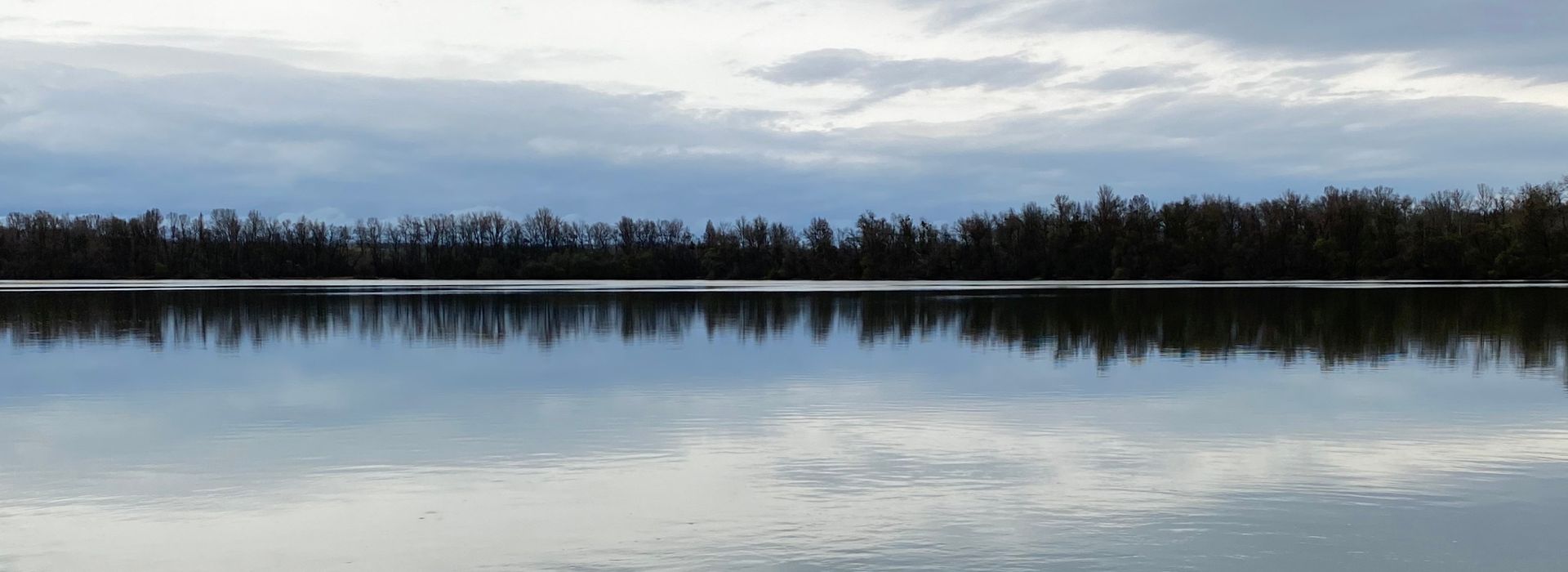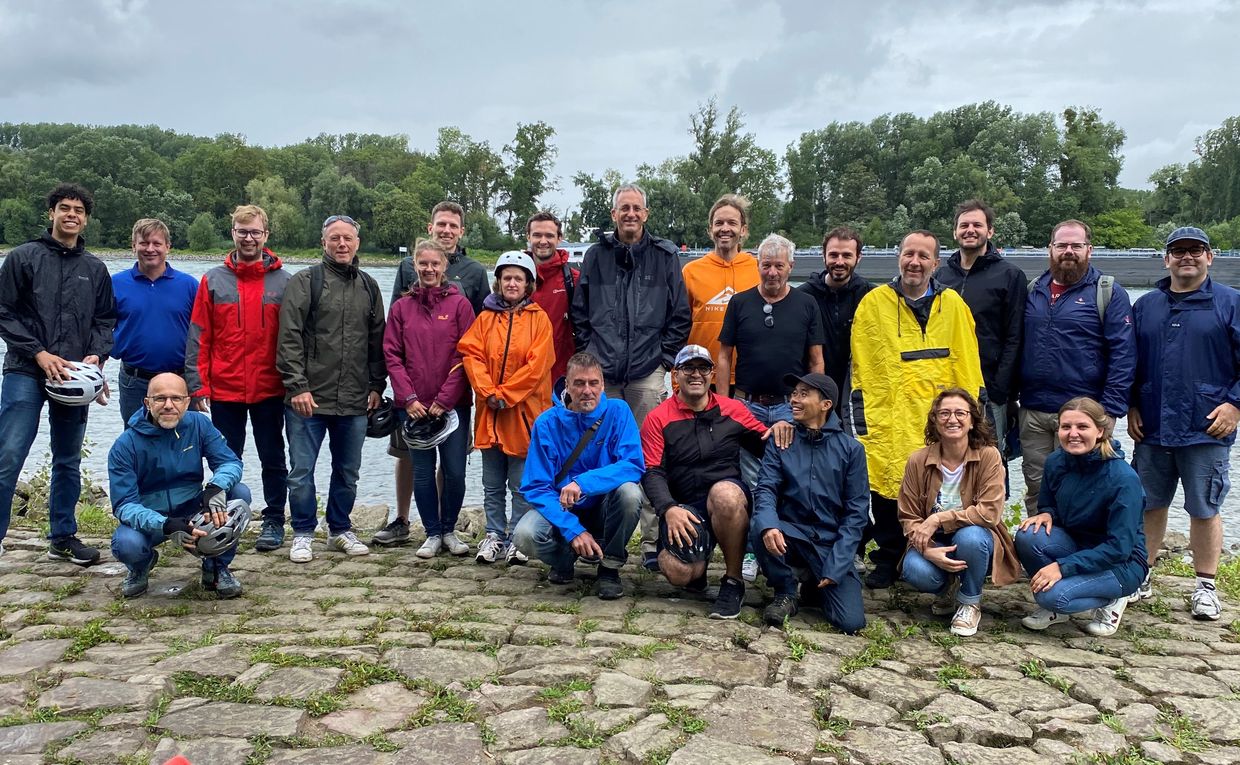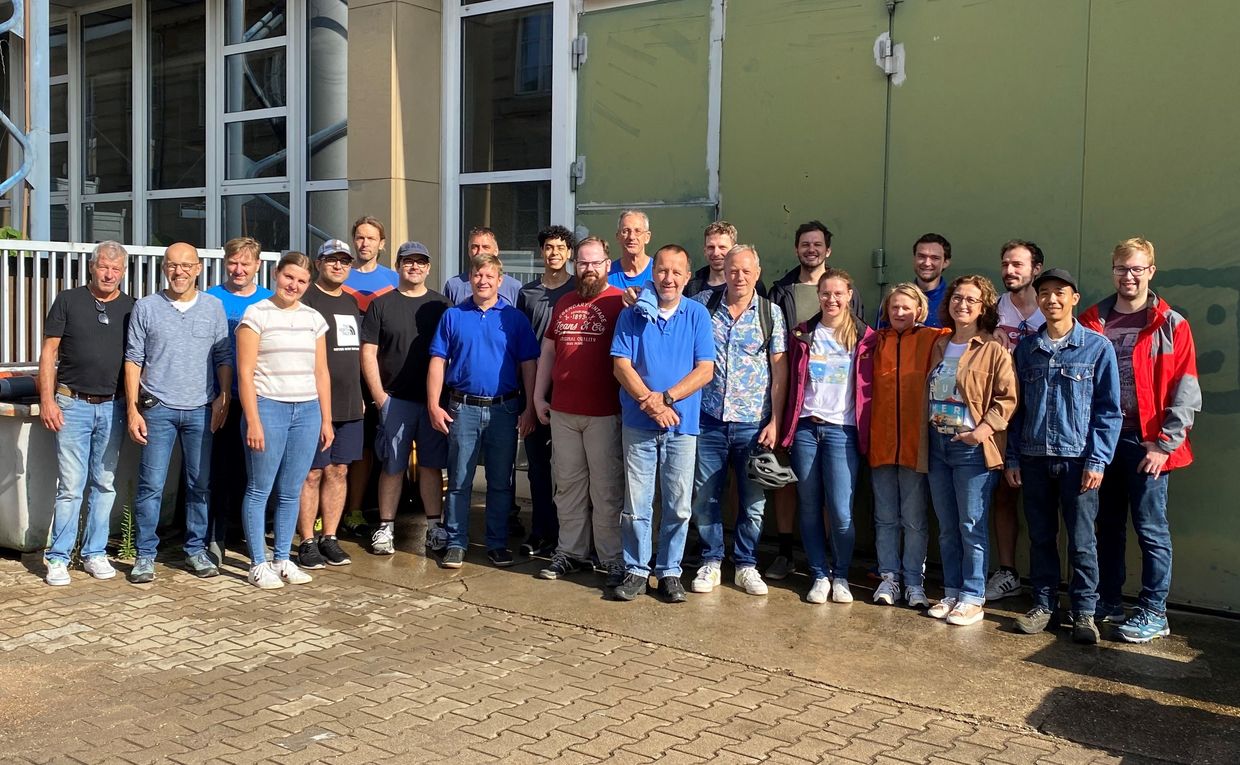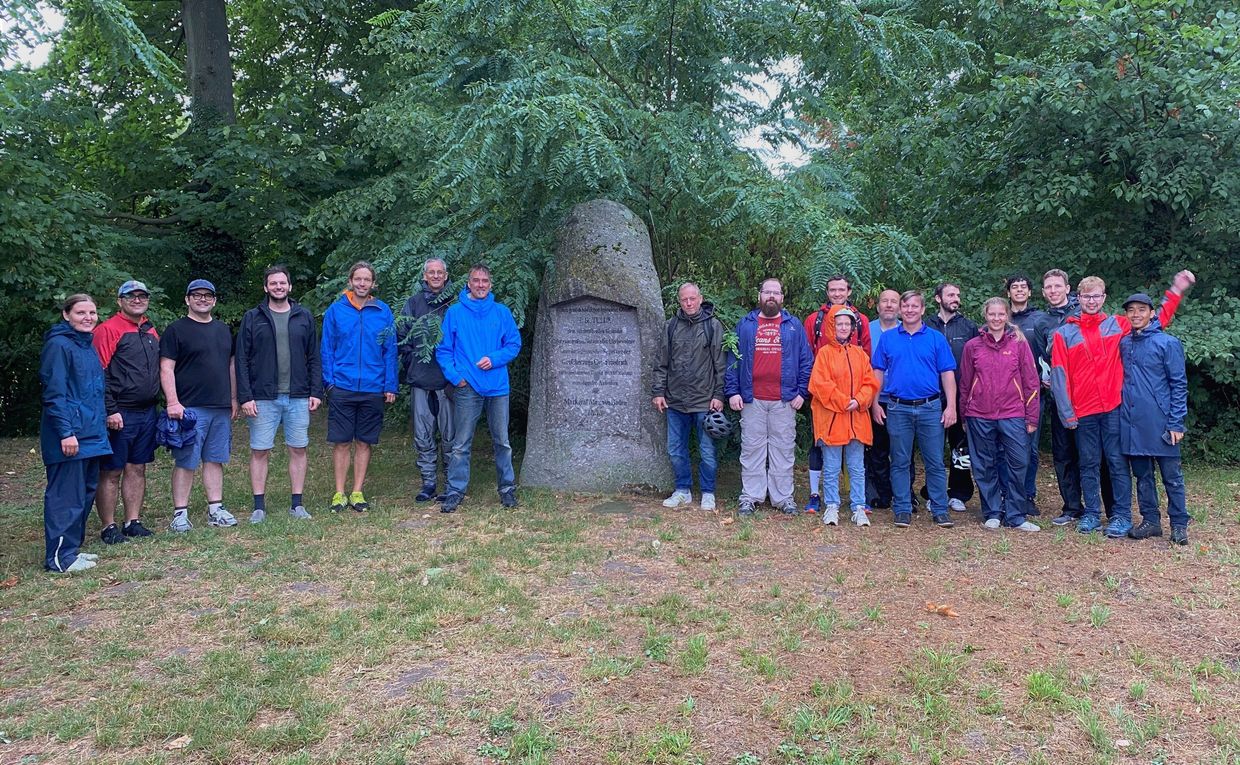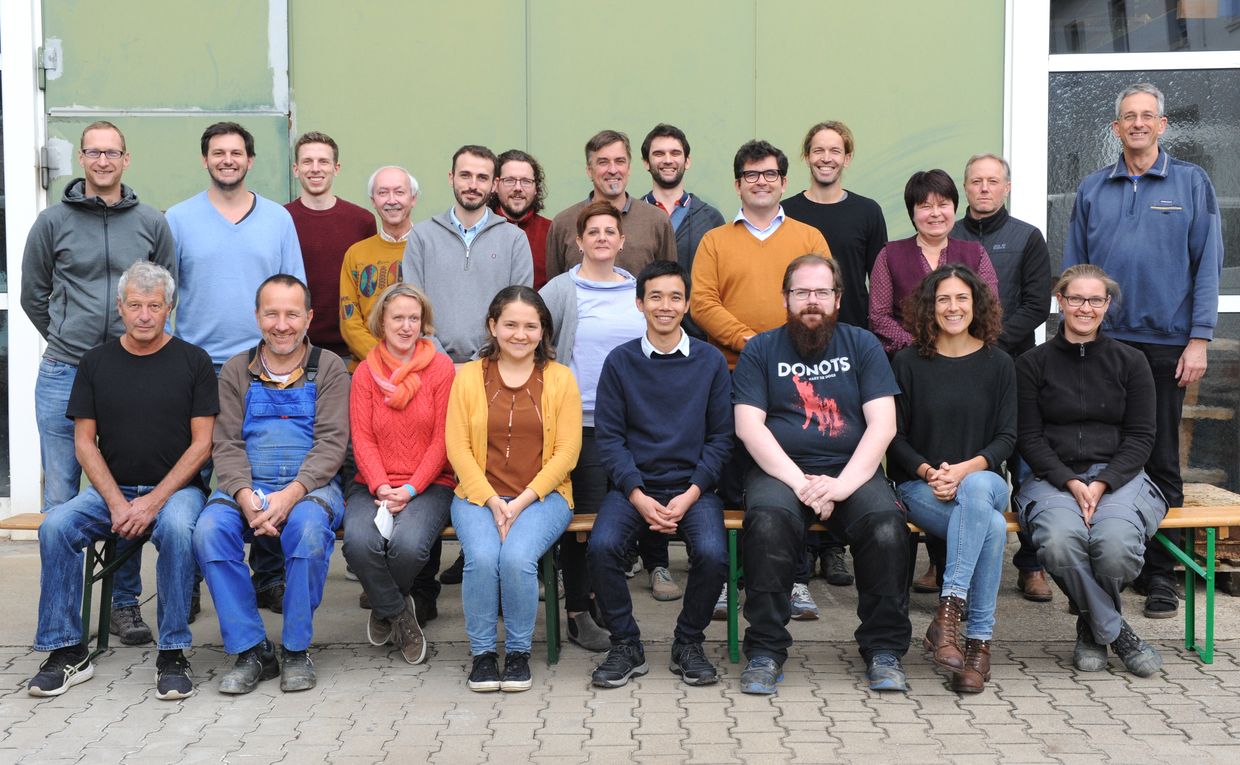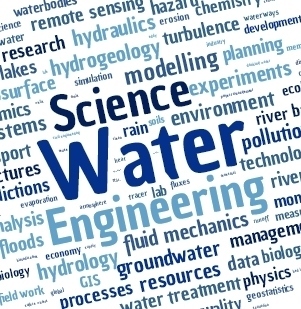Head:
Address:
Karlsruhe Institute for Technology (KIT)
Institute for Water and Environment
- Hydraulic Engineering and Water Resources Management -
Kaiserstrasse 12
76131 Karlsruhe
Phone: +49 (0)721 - 608-44418
Email: wasserbau∂iwu.kit.edu
Visiting address:
The challenges facing water managers and engineers nowadays are manifold, complex, and require cross disciplinary approaches. These challenges include the safety of hydraulic natural and built systems, ageing infrastructures, pollution, guarantee of energy and food security, sustainable development and safety of urban environment, ecological feedbacks and an uncertain future.
Our group develops research towards engineering solutions for the design, the planning and the implementation of sustainable water infrastructures prepared for global change. We investigate the mechanics of flowing water and its interaction with key elements of a river basin such as sediments, dissolved matter, gases, living organisms and people. More specifically, the group is committed to develop research on four main topics: sustainable and secure water for supply, food and energy; adaptive and multi-functional hydraulic systems; healthy rivers; and geophysical processes in rivers and lakes.
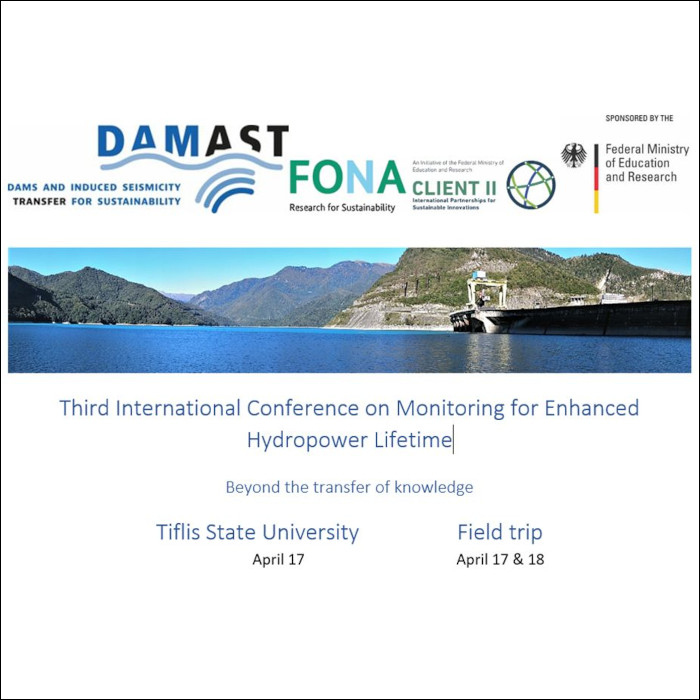
The conference focused on recent cutting edge geoscientific and technical works undertaken in the western Caucasus within the DAMAST and DAMAST-Transfer projects (2019-2024) funded by the German Federal Ministry of Education and Research BMBF.
The DAMAST researchers from TSU, GTU, EIFER, Piewak & Partner, GHHD, GEORISK and KIT have been working on topics such as induced seismicity and reactivation of existing faults under the current stress field, risk mitigation, petrophysical analysis of rocks, sediment formation and transport in the reservoir and the regional deformation as well as the deformation of the Enguri High Arch dam as a response to variable water levels in the reservoir.
The IWU was represented by Stephan Hilgert and Andreas Kron. Following the conference, in which representatives of various ministries from Georgia, the German embassy in Georgia and the BMBF took part, the participants were able to take a two-day field trip to see the Enguri high dam and the project area with the measuring installations.
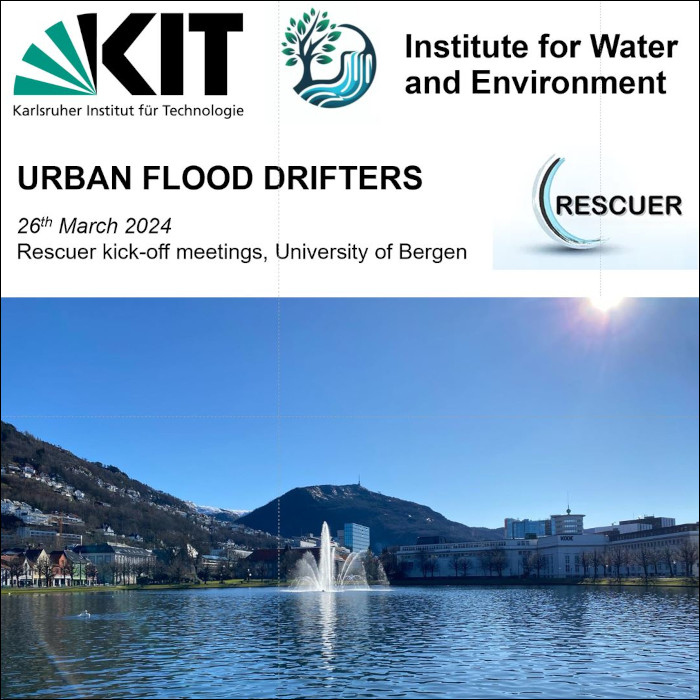
On 26 March 2024, Mário Franca was invited to give a presentation in the Kick-off meeting of the MSCA RESCUER project to which the IWU is an Associated Partner.
He presented the main results of two recent publications on Urban Flood Drifters, an essential element to be considered in flood management. More details can be found on the here and here.
Link to the presentation page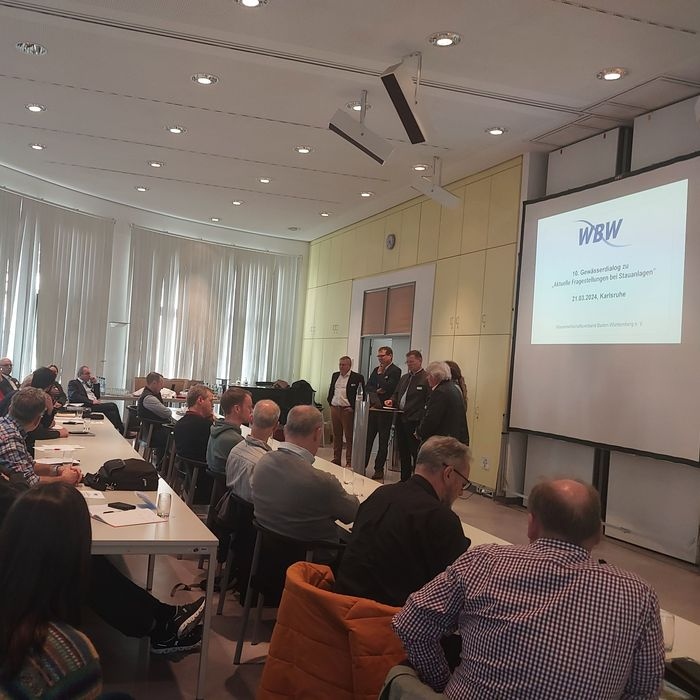
This specialist event organized by the Water Management Association B.W. in cooperation with the KIT (Institute for Water and Environment; Institute for Soil and Rock Mechanics) was very well received.
Droughts and water shortages will also present us with major challenges here in Germany in the future. Weirs, dams and dykes play a decisive role in retaining and storing water ("sponge landscape").
Current regulations (e.g. DIN 19700, DWA-M 500) on the risk management of dam structures with regard to inspection and incidents as well as the consideration of operational aspects in the context of the in-depth inspection (VU) were discussed. A further contribution dealt with technical procedures for the maintenance of dams and dykes and highlighted their synergies with the need for maintenance for flood protection reasons and ecological concerns.
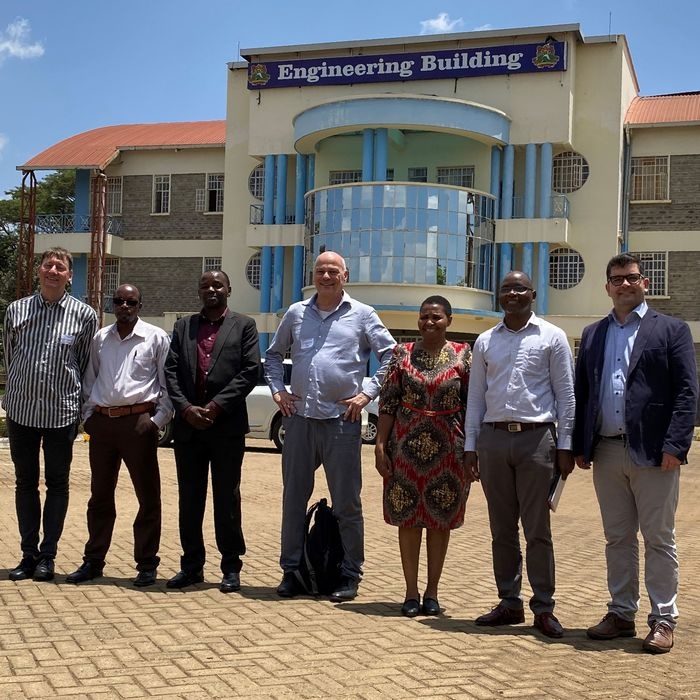
Between 19th and 23rd February 2024, with our colleague Andreas Fink (IMK-TRO), and by invitation of the Baden-Württemberg Stiftung, Mário Franca visited universities in Kenya (Nairobi and Kenyatta) and in Uganda (Makerere and Kampala).
We had excellent and promising discussions on research and education collaboration. It was the occasion to meet a former PhD student of the institute, Patrick Murigi, now lecturer at the University of Kenyatta.
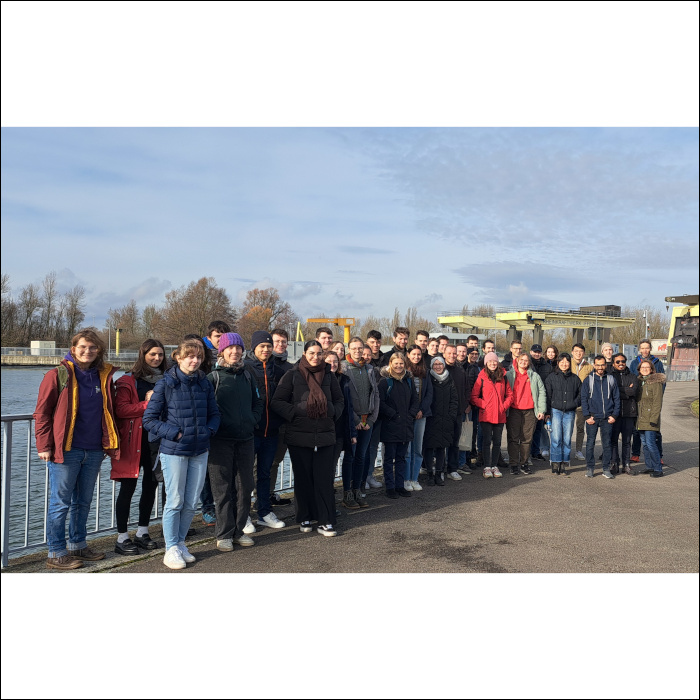
On February 2nd, 2024, students from the Master's program Water Science and Engineering and Bachelor's program in Civil Engineering visited the Iffezheim Rhein power plant for a four-hour tour.
Under the expert guidance of EnBW, the students visited the automatic control room, the machine room in which the turbines and generators are installed, the fishway and the weir.
The tour was a success as the students learned about the state-of-the-art technology used to operate the power plant and the importance of protecting the environment and fish populations.

On the 20th December 2024, Mario Franca lectured to the students of the University of Gadjah Mada (Indonesia) on Modeling Approaches to Environmental Flows.
The hosts were Prof. Agus Maryono, PhD alumni from KIT, and Dr. Adhy Kurniawan, former PhD colleague of Mario. The lecture can be found here: https://www.researchgate.net/publication/376713986_Modelling_approaches_to_environmental_flows
